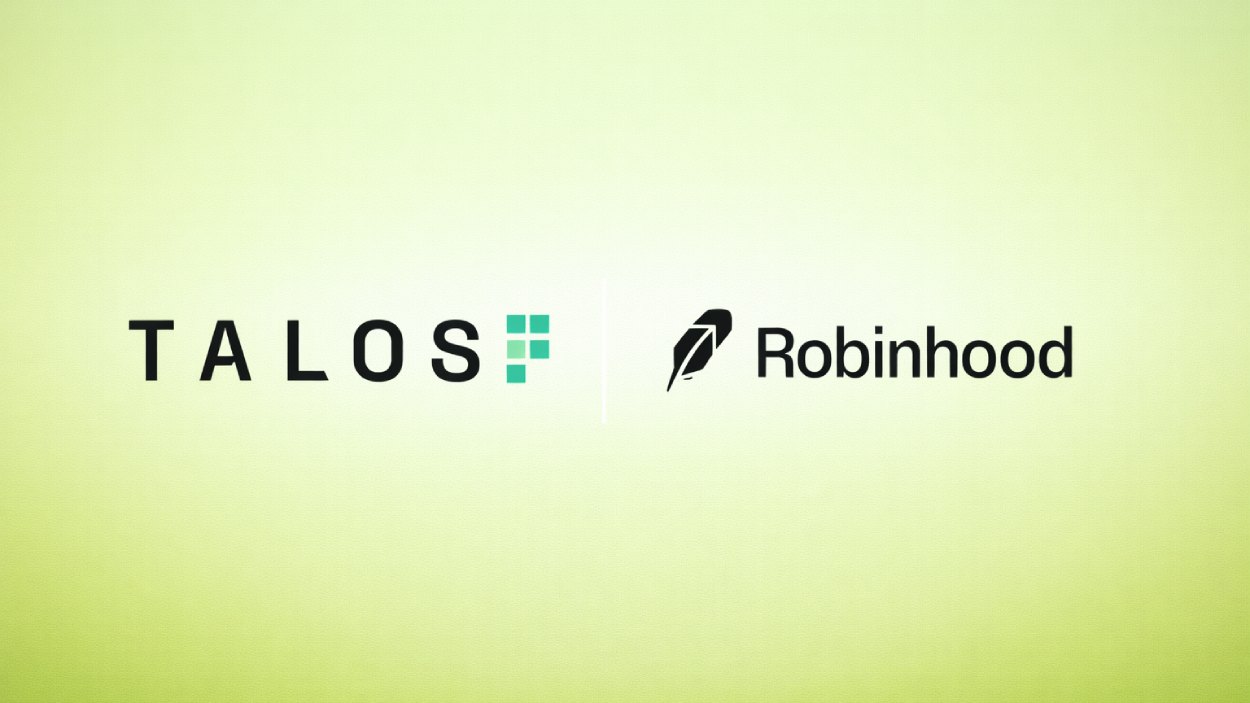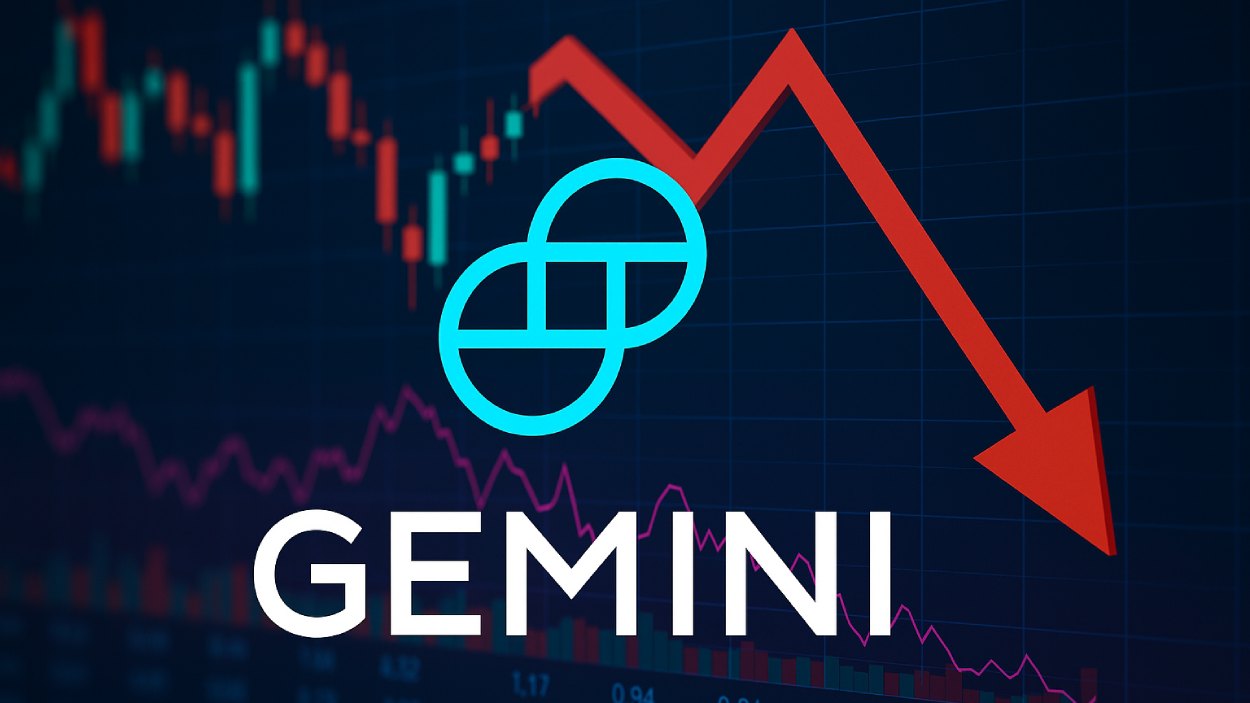Thailand’s leading crypto exchange Bitkub is reportedly preparing for a $200 million initial public offering in Hong Kong, shifting away from its original plan to list on the Thai stock market.
Key Takeaways
- Bitkub is planning a $200 million IPO in Hong Kong, with a potential listing as early as 2026.
- The company had originally targeted a listing in Thailand, but poor performance in the Thai stock market prompted a strategic rethink.
- The SET Index has dropped nearly 30 percent in 2025, making it one of the worst-performing global markets.
- A move to Hong Kong highlights both Bitkub’s global ambitions and the city’s growing appeal as a crypto hub.
What Happened?
Bitkub, founded in 2018 and now Thailand’s top cryptocurrency exchange, has begun exploring an IPO in Hong Kong. Sources familiar with the matter say the move is under consideration due to ongoing volatility in Thailand’s capital markets, where the SET Index has seen a sharp decline this year. The listing could take place as early as 2026, and the company is reportedly aiming to raise around $200 million.
Thailand’s crypto giant Bitkub is eyeing a $200M Hong Kong IPO!🚀
— Conor Kenny (@conorfkenny) November 24, 2025
The move to list on the HKEX signals a major shift, potentially boosting Hong Kong’s bid to become Asia’s premier digital asset hub.
A huge win for regional crypto adoption. #Bitkub #HongKong #CryptoIPO… pic.twitter.com/ZcwCXHJH6a
Bitkub’s IPO Shift and Market Context
Bitkub had long planned to list domestically. In a 2023 shareholder letter, the company announced it was preparing for an IPO on the Stock Exchange of Thailand by 2025. It even began working with financial advisers in early 2024. Bitkub’s leadership emphasized their intent to become a trailblazer for Thai tech firms, stating:
However, this vision ran into obstacles. Thailand’s stock market has been one of the worst performers in 2025, with the SET Index plunging nearly 30 percent to 550.43 points. New listings on the Thai exchange have also suffered, posting a weighted average decline of more than 12 percent.
These market conditions made Hong Kong a more attractive alternative. While discussions are still in early stages and plans could change, Bitkub is reportedly looking at the financial hub as a more stable and supportive environment for its public debut.
Why Hong Kong?
Hong Kong has emerged as a promising center for digital asset activity. In the first half of 2025, digital asset-related and tokenized banking transactions in the city totaled over HK$26.1 billion, a 233 percent increase from the previous year. This surge has already surpassed the full-year volume recorded in 2024.
The city’s regulatory stance on crypto is becoming increasingly favorable. Hong Kong is working to attract global digital asset players, and Bitkub’s potential IPO would follow similar moves by companies like HashKey Group, which filed for its own public listing recently targeting a $500 million raise.
A listing by Bitkub would also represent a rare non-Chinese crypto IPO in Hong Kong, aligning with the city’s goals to diversify its listings while strengthening its profile as a crypto capital.
Bitkub’s Position in the Market
Bitkub currently operates as Thailand’s most active centralized cryptocurrency exchange. It offers:
- 237 coins and 240 trading pairs.
- 24-hour trading volume of approximately $66.3 million.
- USDT/THB as the most traded pair.
- Over $800 million in total assets.
- A Trust Score of 7 out of 10 on CoinGecko.
With these figures, Bitkub is positioning itself as not just a regional player, but a firm with global aspirations.
CoinLaw’s Takeaway
In my experience, when local markets lose investor confidence, smart companies look outward. That’s exactly what Bitkub is doing here. Thailand’s stock market slump has forced a rethink, and Hong Kong’s rising crypto momentum makes it an ideal landing spot. I found Bitkub’s original intent to lead the Thai fintech scene admirable, but their willingness to pivot shows a level of strategic maturity. This move could give them the scale and credibility needed to compete globally, and it sends a signal to others in Asia’s crypto space that Hong Kong is back on the map.


































































